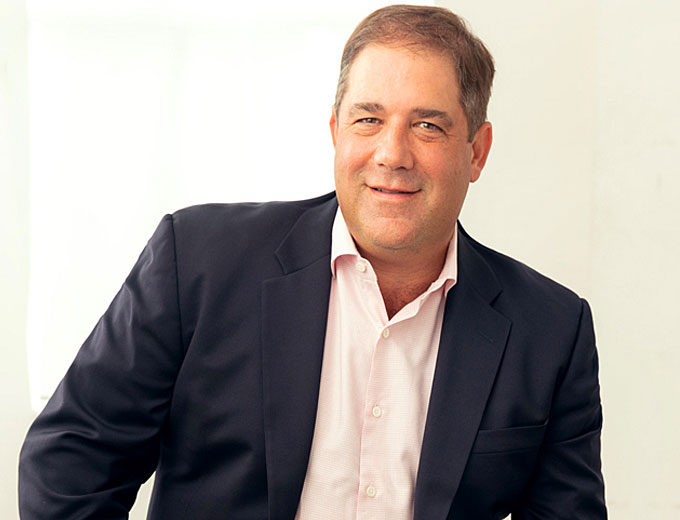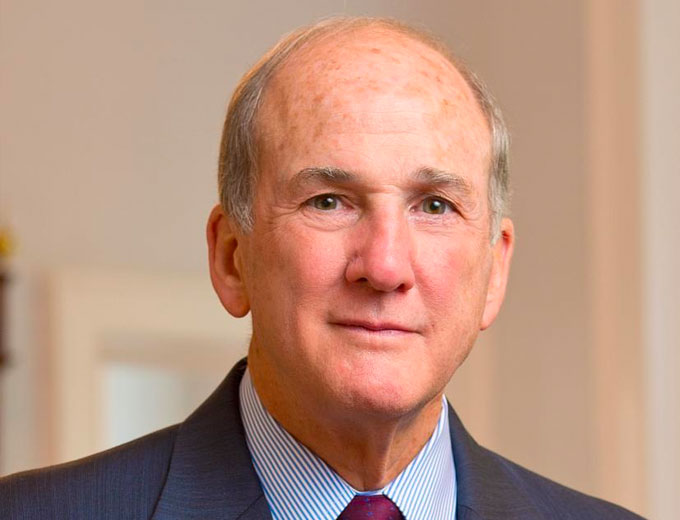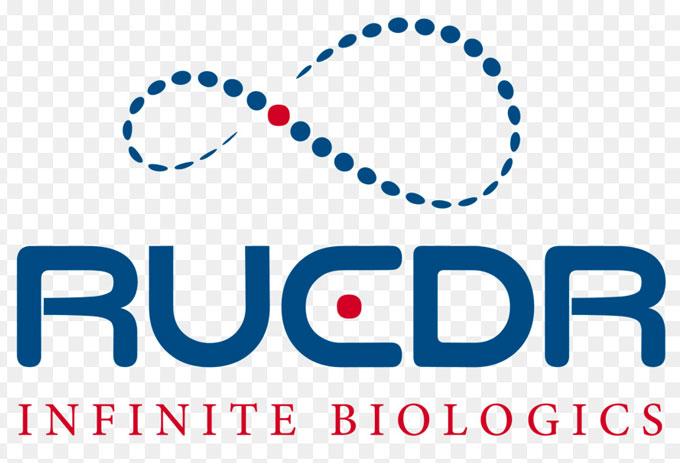
Rutgers’ RUCDR Infinite Biologics and its collaborators has been granted emergency use authorization (EUA) by the Food and Drug Administration (FDA), for a new collection approach that utilizes saliva as the primary test biomaterial for the SARS-CoV-2 coronavirus, the first such approval granted by the federal agency.
This new saliva collection method was developed by RUCDR in partnership with Spectrum Solutions and Accurate Diagnostic Labs (ADL), and will allow for broader population screening than the current method of nose and throat swabs.
(Utah-based Spectrum Solutions saliva collection device used in new COVID-19 testing. Courtesy of abc4utah and YouTube. Posted on Apr 6, 2020.)
“Using saliva to test for COVID-19 overcomes many of the challenges the nation faces that are inherent to current testing methods including supply shortages and risks to exposure for healthcare professionals,” said Stephen Fanning, CEO of Spectrum Solutions.

“Now, under a medical professional’s direction, the saliva collection can be self-administered by individuals who may be in quarantine or self-isolation, removing the need to be in close contact with medical staff.”
“The Spectrum Solutions SDNA-1000 Saliva Collection Device was chosen to collect, transport and store saliva specimens for the TaqPath SARS-CoV-2 Assay proof-point study given RUCDR’s experience with Spectrum products across a wide range of applications currently employed,” explained Andrew Brooks, chief operating officer and director of technology development at RUCDR, who also is a professor in the School of Arts and Sciences Department of Genetics at Rutgers University–New Brunswick.
“The preservation solution was a main focus of the study to ensure that the virus would be inactivated to the point that we would be able to maintain and stabilize the RNA transcripts for sensitive and specific QPCR analysis in order to determine whether a person has the virus.”
“The device’s intuitive ease-of-use to facilitate minimally supervised or in most cases complete self-collection is a tremendous advance to current COVID-19 sample collection strategies.”

“Together, these benefits will significantly add to expanding access to critical testing needs.”
“The impact of this approval is significant,” added Brooks.
“It means we no longer have to put health care professionals at risk for infection by performing nasopharyngeal or oropharyngeal collections.”
“We can preserve precious personal protective equipment for use in patient care instead of testing.”
“We can significantly increase the number of people tested each and every day as self-collection of saliva is more quick and scalable than swab collections.”
“All of this combined will have a tremendous impact on testing in New Jersey and across the United States.”
(The saliva test could help preserve protective gear. For now, it will only be available to Rutger’s university, as they found the discovery. Courtesy of Eyewitness News ABC7NY and YouTube. Posted on Apr 14, 2020.)
Soon after the Rutgers-ADL team received notification from the FDA on Saturday, the White House’s COVID-19 testing task force called Brooks to offer congratulations and support and to ask about any specific hurdles to expanding testing and enabling other laboratories to benefit from the accomplishment.
Shortly after the White House call, the research team was contacted by chief executive officers of some of the world’s largest life sciences companies that are involved in COVID-19 testing.
“I have spoken with these companies’ leadership to not only share knowledge but to create opportunities for continuing to help innovate during this crisis,” Brooks said.
“We will work closely with these new partners, the FDA and the White House task force to leverage everything Rutgers has to offer to not only help our community but also make a global impact.”
(A new method to test for COVID-19 that uses saliva has been approved by the FDA. Katie Johnston reports. Courtesy of CBS Philly and YouTube. Posted on Apr 13, 2020.)
Rutgers University President Robert Barchi called the new saliva test a “herculean effort that is great for the country and the world and by reflection great for our university.”

“Saliva testing will help with the global shortage of swabs for sampling and increase testing of patients, and it will not require health care professionals to be put at risk to collect samples,” Brooks said.
“Saliva testing will also be important for people who are in quarantine because they don’t know how long it will be until they are no longer infectious.
This will allow health care workers to release themselves from quarantine and safely come back to work.”

“The test can help hospital-based and private physicians to accurately assess the infection status of more patients, with RUCDR Infinite Biologics doing the analysis,” said Jay A. Tischfield, the founder, chief executive officer and scientific director of RUCDR and a Distinguished Professor also in the Department of Genetics at Rutgers–New Brunswick and at Rutgers Robert Wood Johnson Medical School.
“Rutgers is proud to be on the cutting edge of the fight against the COVID-19 pandemic,” added Rutgers Biomedical and Health Sciences Chancellor Brian Strom.
“We have long said our researchers and health care employees are working to help make the world well, but never has it been more true than now.”
Rutgers University–New Brunswick Chancellor Chris Molloy agrees.


















